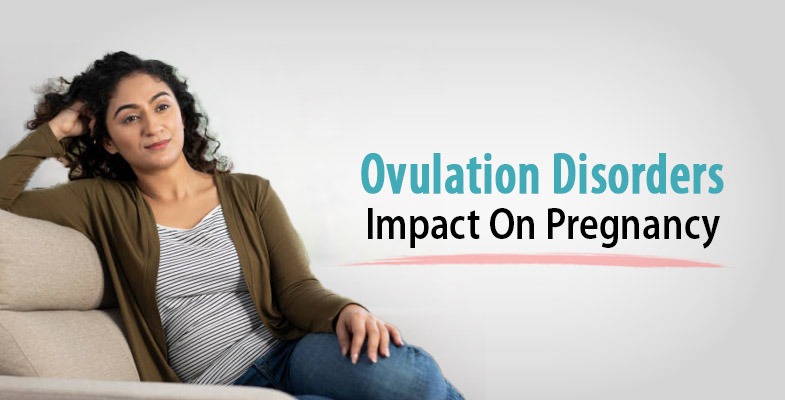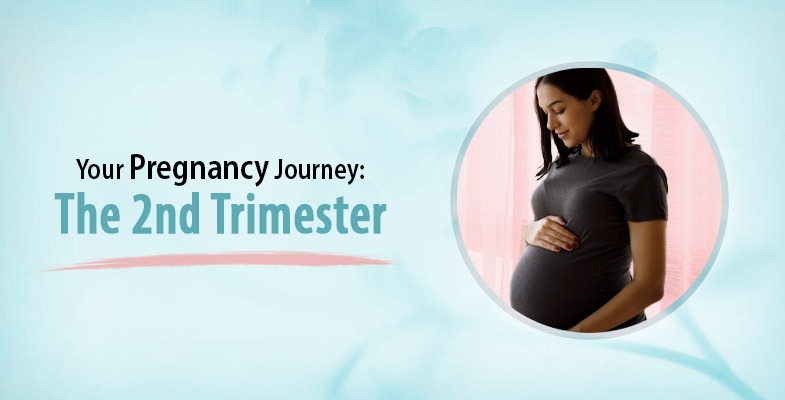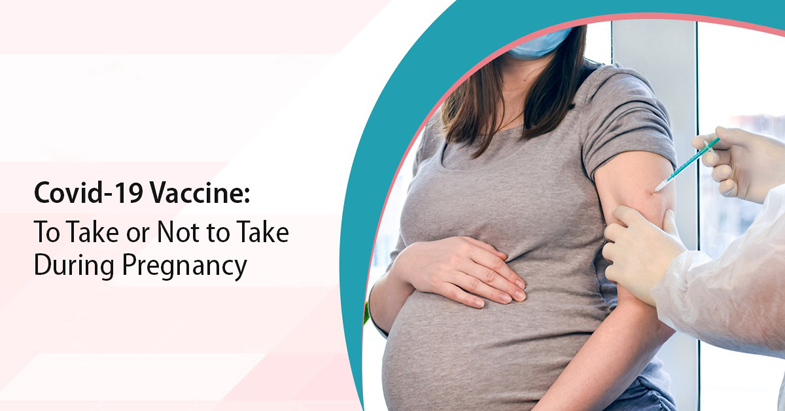
As you step into the 7th month of your pregnancy, you enter the months categorised as the 3rd trimester. You are nearing your delivery time, your baby is almost fully developed, and now you have to start preparing for not just the delivery itself, but also welcoming a new member into your family, who is going to take up the majority of your time and attention.
The frequency of your pre-natal check-ups will increase
Instead of your usual monthly visits, you may be asked to go for check-ups every two weeks. You will be assessed for:
- Any unusual symptoms or discomfort that you may be facing
- Your weight and blood pressure
- Urine test will be conducted to test for albumin and glucose as these may be indicative of conditions like preeclampsia and gestational diabetes
- Growth and development of the baby
- The position of the baby
- Foetal heartbeat
- Height of the fundus – top of the uterus
Changes you may experience
The pregnancy experience is usually individualistic. And this is no different during the 3rd trimester. While some women have to deal with acute discomfort, including difficulty in taking deep breaths and sleeping, others are able to breeze through without any problem. Your body is constantly changing as your baby is growing inside you. Some things you can expect include:
- Feel increasingly hot – this is because your baby is generating heat inside you and this is turn increases the temperature of your skin
- The frequency of urination is likely to increase as the pressure on your bladder increases
- The foetus pressing on the main vein to the heart can result in your blood pressure dipping
- Fluid retention in your hands, ankles and face may cause some swelling
- Due to increased hormone stimulation, coarse hair may begin growing on your arms, legs and face
- You are likely to experience leg cramps
- You may experience Braxton-hicks contractions (false labour)
- Stretch marks may appear on your thighs and breast
- Colostrum (a fluid that nourishes your baby) may start leaking from your breasts
- You skin on the stomach may feel itchy as it become dry and stretches
- Skin pigmentation on your face is may become more visible
- Your sexual drive may decrease
- Constipation and indigestion are two issues that can be a large part of the discomfort you face
- White-coloured vaginal discharge may become a common occurrence
- Back pain may become a chronic problem
- If you have Hemorrhoids or varicose veins, the problem is likely to intensify
Meanwhile your baby is growing fast!
Your child is now almost completely developed and getting ready to function independently. The foetus begins to move and position its head downwards preparing for delivery. During the 3rd trimester, the developments in your baby include:
- Your baby can see and hear
- At the beginning of this trimester, the baby’s brain is still developing and lungs & kidneys still maturing
- Normally by 36th week, the baby’s head will drop into the pelvic area, preparing for the delivery
- The skull bones remain soft to enable it to easily pass through the birth canal
- The baby can suck his/her thumbs and can cry
- By weeks 38-40, the fine hair on the baby’s body and limbs begins to disappear
- By now the lungs have matured completely as the baby is getting ready to breathe on its own
- The baby is covered with a protective creamy coating called vernix
As you inch towards the completion of your nine months, some of you may experience a plethora of discomforts, while the lucky ones may not face much difficulty. As your delivery date comes nearer, it is common to experience anxiety and a degree of fear, particularly if it is your first pregnancy. But remember, you have people who care for you around you, so share your feelings with them, seek help whenever required and keep in touch with your doctor. Staying positive is often the key to a healthy delivery.







